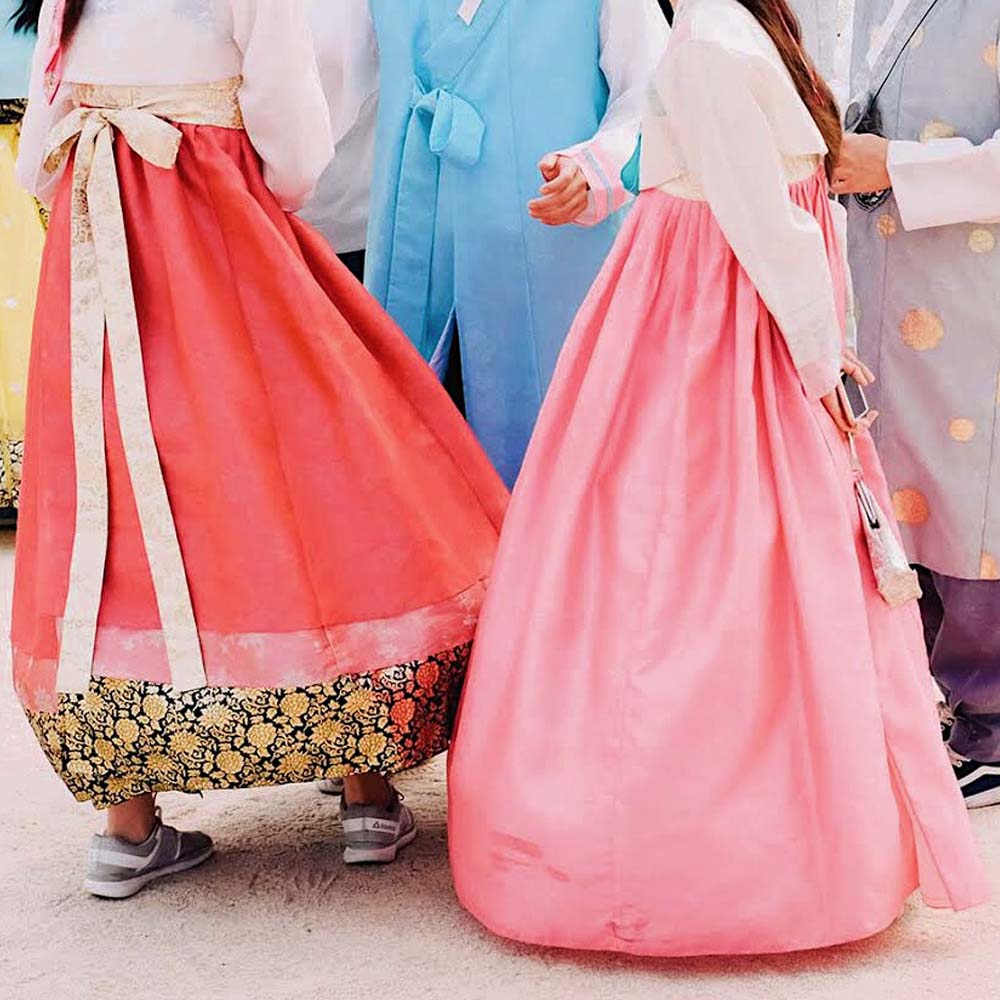
What’s something about yourself that’s always been true? I mean the type of thing you can trace back to your childhood. Where, for as long as you can remember, your mom told you, “Even when you were a baby, you loved food and would try anything once.”
That’s one of mine, actually. My mom says that I always loved to eat and could absolutely crush a full plate. It’s inevitable that whenever I tell her about taking Violet out to restaurants, she repeats the same story, as if it’s the first time I’ve heard it: they’d take toddler-me out to eat, and I’d eat so fast and so much, the servers would return to the table and look suspiciously at her and my dad, as if they’d eaten all my food before I had a chance to get at it. True story!
Or is it?
Because motherhood has made me realize how much of our personal narrative comes from the perspective of other people’s memories of us.

To wit: I’ve been working on a baby book for Violet for the last two years (quite unsuccessfully, I might add). When I was pregnant, I had grand schemes to make it as I go—or rather, as she grows—with a constant addition of photos, stories, observations, and the ephemera we save on her behalf. Then we had her, and I realized what an insane idea that was, least of all because I am terrible at remembering to get pictures printed, let alone hanging onto knick knacks for a future scrapbook. Still, I am determined to make something that tells the story of her early life, because I had the exact same type of book. It’s one of my most treasured objects, a grab it if the building is on fire type of thing.
I felt bad that her first birthday arrived with no memory book in sight. Around that time, looking to assuage my inevitable mom guilt, I asked my mom how old I was when she made my baby book.
“Probably almost two, two-and-a-half?” she replied.
It was a revelation! (And another instance of us all turning into our mothers.) Like me, my mom was busy those first few years, and handmade crafts were pretty low on her to do list. And yet, I couldn’t help but reflect on how many hundreds of times I’ve poured over my baby book, studying the photos, reading the stories, gleaning tidbits from its contents about who I always was. All to wonder—what is real, versus what is story? Is there a difference? Asking because: Violet’s baby book is still unfinished, and I’ve already forgotten about a ton of shit from her first two years of life.

The first seven months worth of memories are smeared with a milky, anxious haze, such that the only intelligible memories that come to mind are our daily walks and the music box toy she obsessed over. Violet’s at an age now where she is asking for more stories about her early life, always “Tell me a funny story from that time at the doctor,” or “Tell me a funny baby Violet story,” or “Tell me a story about me and Lucy together.” I tell her what I can remember, inevitably filling any blanks in my memory with what she likely did or what I probably said, knowing what I know of each of us.
These are the things we’ll repeat and repeat and even put into her baby book, until they are so ingrained in her memory that they become her story from the time before she could remember. She will use our mix of pandemic-tinged notions—some vague, some crystal clear—to build her own personal legends, relying solely on our memories to build the narrative about who she is, what is innate, what can never leave her. Like my own mother’s recollections, in my memory lies truth that she will recognize within herself. But perhaps it’s a chicken and an egg thing. Is she hilarious because we tell her she is, and thus her personality trait of total comedienne is a self-fulfilling prophecy? Or is it the other way around?

And what if my parents memories of me were flawed, too? Hazy from months of sleep deprivation, of the mind always going, of juggling so much. Or, perhaps biased, from their own childhoods and their unique perceptions of what I was thinking and feeling, when in fact, the complete opposite was true. After all, some narratives can’t factor until more stories are revealed to us. The things you learn about your parents as you age (including the stories they kept from you when you were young) illuminates so much. Their fallible humanity shifts into focus, and in turn, sheds light on how we ended up the way we are.
So when it comes time to put pen to paper on behalf of our children, what do we commit to the tabula rasa that isn’t actually true?

And, as always, all roads lead back to adoption. For the vast majority of my life, there was no one available to tell me the early stories. As adoptees, the earliest, squishiest (arguably most formative) parts of our being were witnessed by people rarely heard from again. We have both the burden and luxury of writing our own narratives. My parents extrapolated what they could from my paperwork, but as I discovered upon reunion, their assumptions were completely wrong; the narrative I enmeshed into my identity woefully incomplete. The file said she was 42. I always thought that surely, my birth mother had an extramarital affair, necessitating relinquishment. I could’ve lived the rest of my life believing that, building more narratives around what that meant for her, for me, had I not found my Korean family. But no — she was in fact happily married, six children before me, all of them my full, genetic siblings.
(I write happily married and even that is a narrative. Language and cultural barriers mean that I glean and extrapolate what I can from the few photos I have seen of my parents together, and of the stories that my siblings tell me that get translated to someone else, then back to me in English. Filters upon filters upon filters until we write our own truth.)

But I have landed on these filters not being the worst thing, for adoptees or for anyone else. Crafting narratives that make sense to us is a form of self-preservation. Our world, our culture, our existence is so fucked up and miraculous and powerful and overwhelming—how else could we humans survive if not through story and the unraveling of puzzles past to make better sense of why things are the way they are?
And at the end of the day, what do the narratives even matter? I know my Korean parents loved me and I know my American parents loved me. I know what I like and what I don’t and what makes me joyful and angry, and am okay with these things. Perhaps if I’d been a picky eater as a child and was picky now, I would be okay with that too. Or maybe I wouldn’t be, and I would try to change it in earnest. Or, I would let it nag at me and wish it was one of those things about myself that I could change, like my hair texture or the fact that my hands are always dry. Any of these could be true, and I could still arrive here, to write these same words.
Perhaps the real story in all this is about how we hold the endless possibilities and paths and reconcile them in the ways that leave us at peace. Therein are the memories to behold and treasure.






I’ve missed your writing! Thank you for this very insightful, thought provoking essay.
Thank you! It might sound silly — but this comment encouraged me to keep writing for this space. :)
Wow!!! You are a very talented writer!!!
From one SF Mom to another, thank you for your writing :)